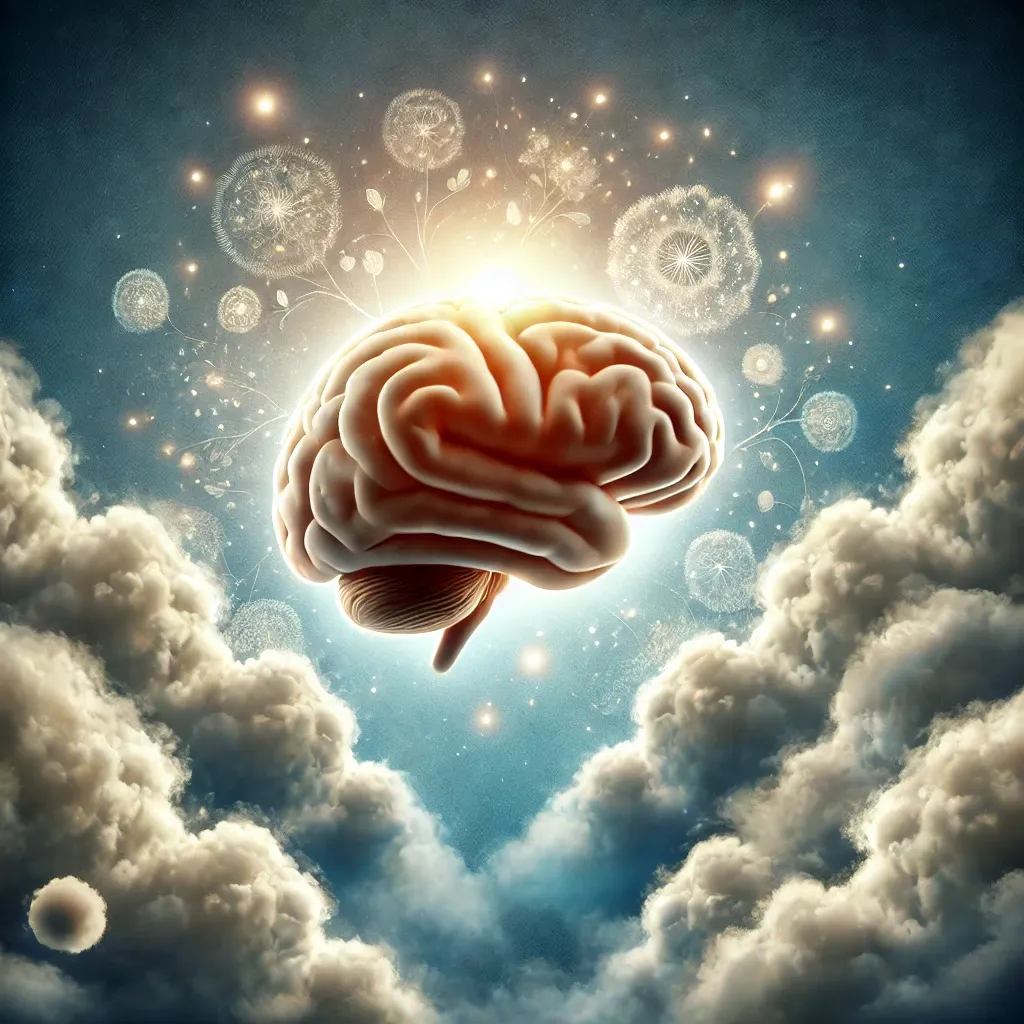Anxiety is something most of us have experienced at some point in our lives. Whether it’s that feeling of dread before a big presentation or a nagging worry about the future, anxiety can take many forms. But have you ever stopped to wonder what’s actually happening in your brain when you feel anxious? Understanding the brain’s role in anxiety can provide clarity and even some relief. In this article, we’ll dive deep into the connection between the brain and anxiety and explore how understanding this relationship can help in managing those uneasy feelings.
What is Anxiety?
Before we dive into the brain, let’s quickly define anxiety. Anxiety is a natural response to stress or perceived threats. It can manifest as nervousness, worry, or fear. While it’s perfectly normal to feel anxious occasionally, chronic anxiety can interfere with daily life.
The Brain: Anxiety’s Headquarters
When we talk about anxiety, the brain is the command center. It’s where all the signals that trigger anxiety start and spread. But which parts of the brain are responsible for these feelings?
The Role of the Amygdala
The amygdala is often referred to as the brain’s “fear center.” This almond-shaped structure is responsible for processing emotions, especially fear and anxiety. When the amygdala detects danger, it sends signals to other parts of the brain to prepare the body to respond — commonly known as the “fight-or-flight” response.
The Prefrontal Cortex: Anxiety Regulator
While the amygdala stirs up the emotional storm, the prefrontal cortex acts as the rational counterbalance. This part of the brain helps regulate emotional responses by analyzing situations and making decisions. In a healthy brain, the prefrontal cortex can calm the amygdala. However, when anxiety becomes chronic, the communication between these two regions can break down, leading to heightened feelings of worry.
The Hippocampus: Memory’s Role in Anxiety
The hippocampus is crucial for memory formation. It helps store memories of past experiences, including traumatic or stressful events. When faced with a situation that reminds you of a past trauma, the hippocampus may trigger the amygdala to respond with anxiety. Essentially, your brain is trying to protect you from harm by recalling past dangers.
Neurotransmitters and Anxiety
Another major player in anxiety is neurotransmitters, the brain’s chemical messengers. Two primary neurotransmitters involved in anxiety are:
- Serotonin: Often called the “feel-good” neurotransmitter, serotonin helps regulate mood. Low levels of serotonin are linked to anxiety and depression.
- GABA (Gamma-Aminobutyric Acid): This neurotransmitter has a calming effect on the brain. When GABA levels are low, it can lead to increased anxiety.
The Role of the HPA Axis
The hypothalamic-pituitary-adrenal (HPA) axis is a system that connects the brain and the adrenal glands, which release stress hormones like cortisol. When the brain senses a threat, it activates the HPA axis, leading to the release of cortisol. While this response is normal in short bursts, chronic activation of the HPA axis can contribute to long-term anxiety.
How Chronic Stress Impacts the Brain
Chronic stress can physically alter the brain. Prolonged exposure to stress hormones like cortisol can shrink the hippocampus, impairing memory and learning, while increasing the size of the amygdala, making the brain more reactive to stress. This cycle can make anxiety worse over time.
Why Some People Are More Prone to Anxiety
Ever wonder why some people seem to get more anxious than others? A combination of genetics, brain chemistry, and life experiences can make certain individuals more susceptible to anxiety disorders. For example, a person with a family history of anxiety may have a heightened amygdala response to stress..
Conclusion
Understanding the brain’s role in anxiety is key to managing it effectively. By learning how different parts of the brain interact and influence anxiety, you can begin to approach your mental health with greater clarity. Whether it’s through therapy, medication, or mindfulness, remember that anxiety can be managed, and your brain can be retrained to handle stress in healthier ways.
